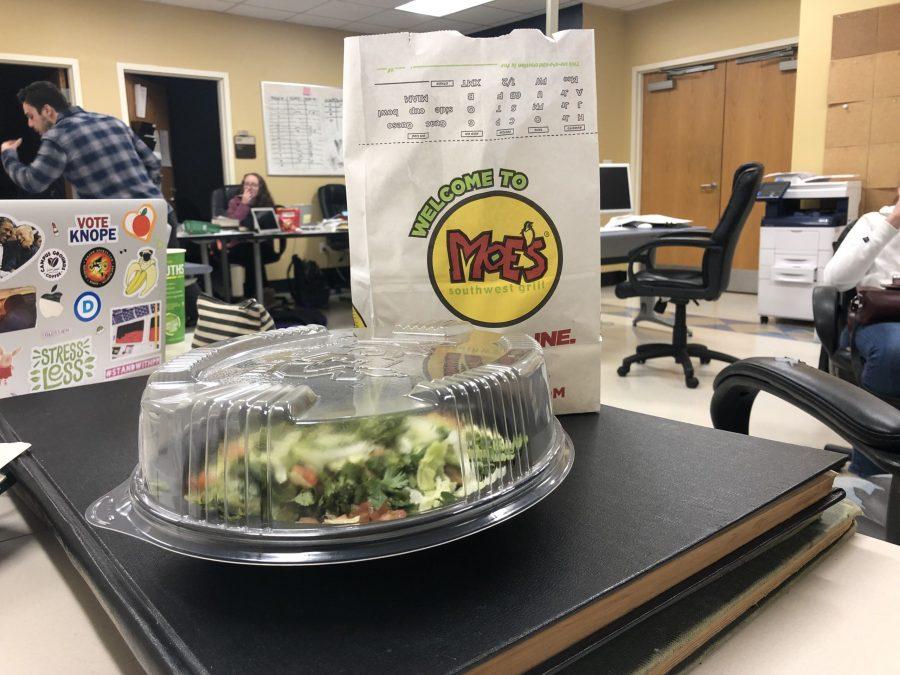Scheduling can seem daunting at first, but with a little bit of planning you can build the perfect course list for your college lifestyle. The first thing to consider is what academic boxes you are looking to check, which for most freshmen is typically divisionals. These are classes that expose you to different areas of study, so pick ones that interest you; classes you don’t care about can often be the hardest.
One way to find out which divisionals you have yet to satisfy is to use DegreeWorks. This website can be found in WIN and it creates a ‘degree audit report’ to be used as a guide when planning your schedule. The homepage shows you which classes you are currently registered for and which core requirements they satisfy. The ‘What If’ tab allows you to select potential majors and minors, as well as input ‘Look Ahead’ courses. When you process your ‘What If,’ the website creates a hypothetical transcript and highlights the requirements of your chosen academic path. Within these requirements, DegreeWorks also lists all of the courses that could possibly fulfill them. This is extremely useful for planning which classes to take for a certain major or minor. If you know your major, you can already start to develop a timeline for fulfilling each requirement.
Another schedule-planning website I use is Coursicle. While DegreeWorks is useful for knowing which courses to look for, Coursicle is a third-party website designed to help you build your actual schedule. You can browse for classes based on department, professors, attributes and meeting times, and then add them to your mock schedule. If you have face-to-face courses, take travel time into consideration and check the class locations listed on Coursicle. You can also create multiple schedule options which allows you to have back up classes if your Plan A fills up before you get a chance to register. Another way to build your schedules is through the ‘Plan Ahead’ section of the WFU Registration Portal, which I highly recommend because it allows you to easily load your courses when it comes time to register for classes.
Another important aspect to consider when planning your schedule is your life outside of class. You have to learn for yourself what works best for you, but there are a few key things to remember when building your first schedule. Meal times are really important to plan out because it’s nice to eat at around the same times every day. You’re also going to want to implement study breaks and leisure time and ensure that you have time for yourself outside of your academic life. Finally, plan out your gym times and any other activities you know you want to make space for in your day-to-day schedule. Remember, your class schedule is just one part of your day at Wake Forest.
In general, be honest with yourself about your course load and, when in doubt, take it easy. You have four long years to take a range of classes that will eventually build towards your major, so make the most of every semester by using the liberal arts model to your advantage. Take classes that both fulfill requirements and pique your interests, even if that means stepping out of your comfort zone. Don’t be afraid to use the Add/Drop period available the first week of classes as you get into the groove of your schedule. If you have questions about a certain course or professor, reach out to an upperclassman for advice. The official Wake Bulletin is also very comprehensive, so you can easily Google “[insert your major] WFU” and you should find course information. Additionally, be sure to utilize the Office of Academic Advising and your student and faculty advisors for more advice on how to create the best schedule for you.






